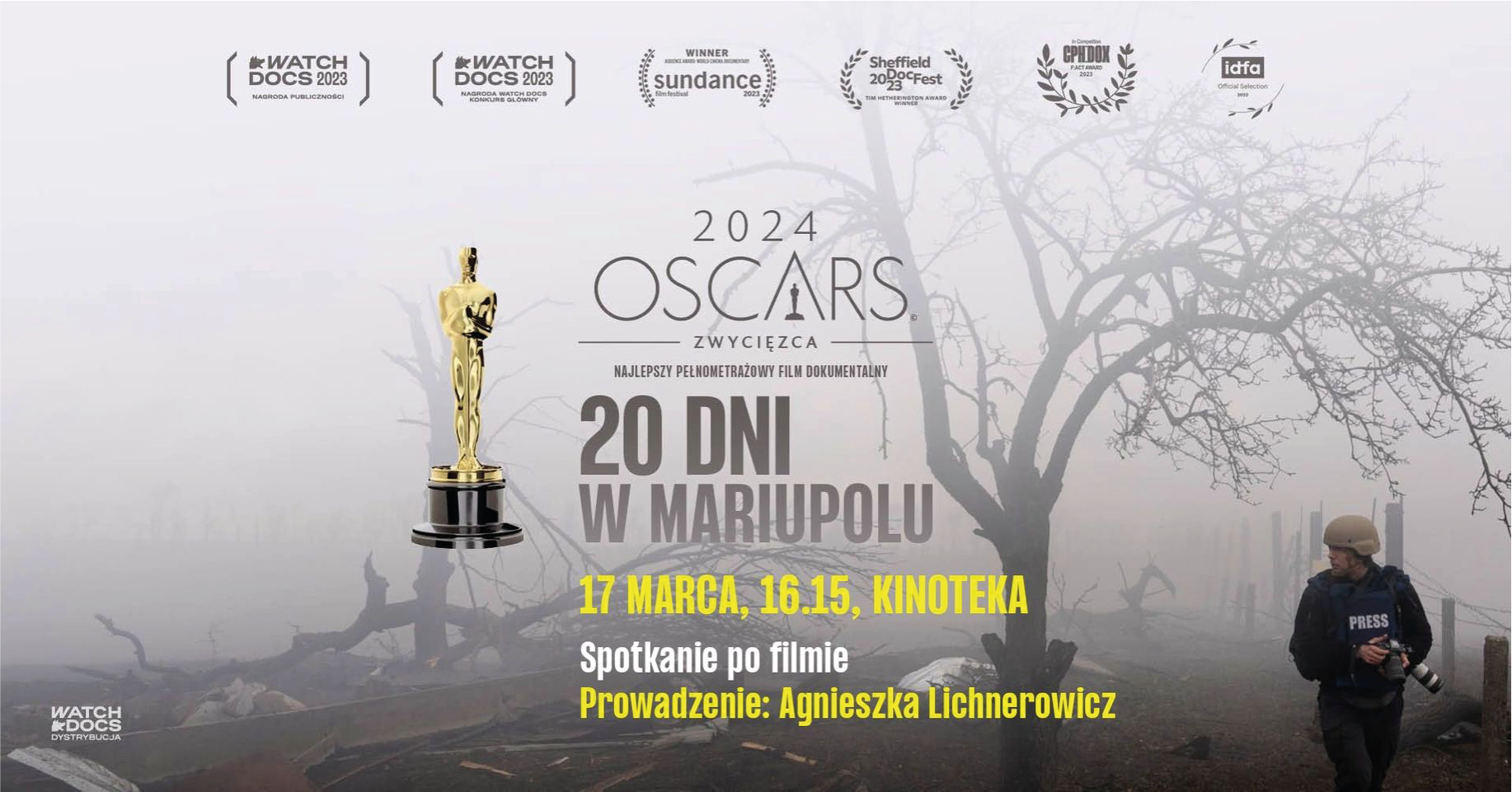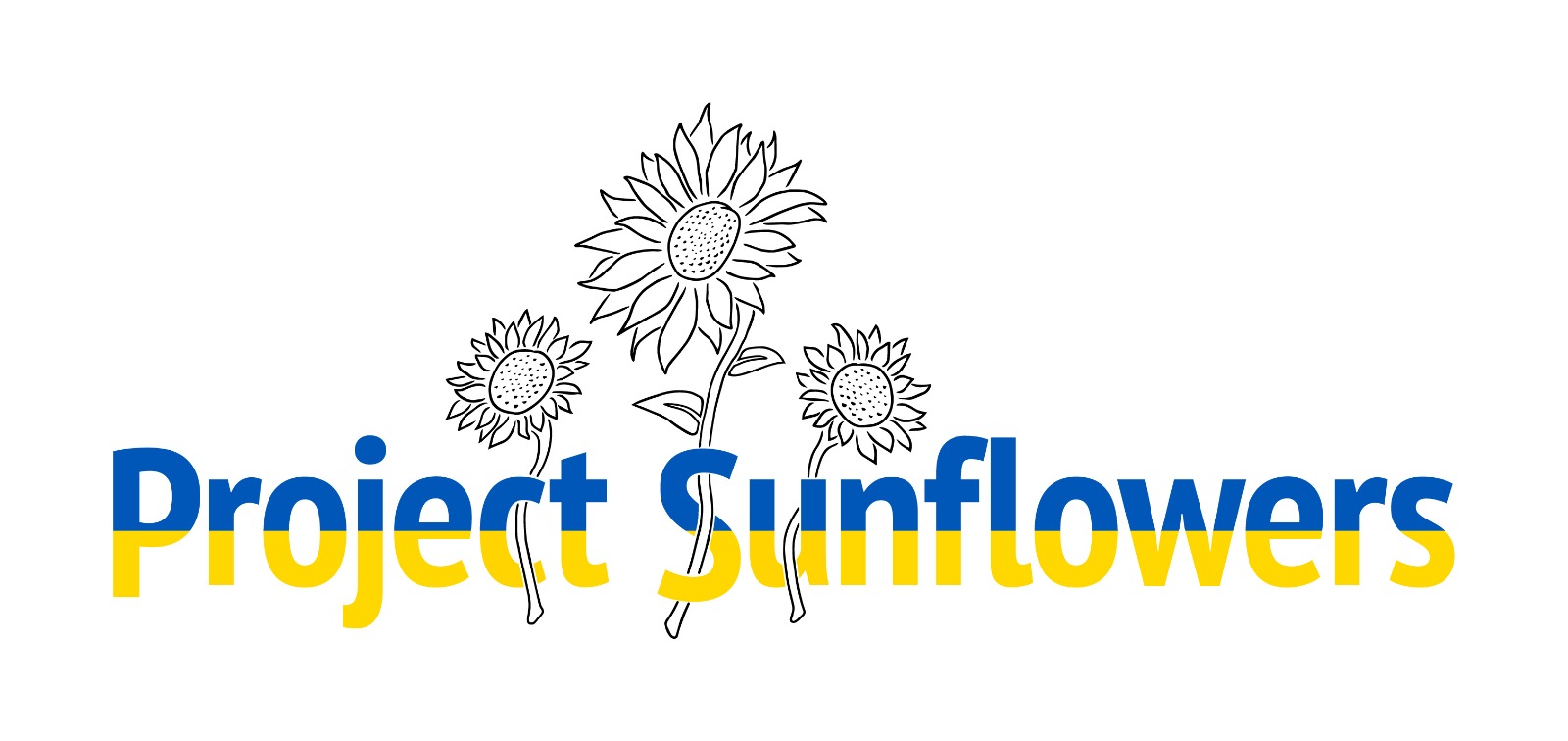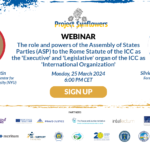Hanna Kuczyńska joins panel discussion after the screening of the Oscar-winning documentary “20 DAYS IN MARIUPOL”
Since May 20, 2022, Mariupol has been under Russian occupation. To this day, it is virtually impossible to fully reconstruct the extent of the destruction that the city experienced and the number of victims.
It is still unknown how many people were forcibly resettled to Russia. The stories of the survivors themselves help us understand the dimension of the tragedy. Their testimonies, like Mstislav Chernov’s film, allow us to see the terrible reality of life in Mariupol under siege and during occupation.
In Poland, the testimonies of survivors are documented by four organizations – the Helsinki Foundation for Human Rights, OPORA in Poland, Project Sunflowers and the Rafał Lemkin’s Center for Documenting Russian Crimes in Ukraine at the Pilecki Institute. However, different methodologies lead to a common goal, which is to provide people affected by international crimes with access to justice. And this takes various forms – a court trial, support in returning to social life or recognition of historical truth.
After the screening of the Oscar-winning documentary 20 DAYS IN MARIUPOL on March 17, 2024, there was a debate with representatives of these organizations about the consequences of the siege and what life is like in occupied Mariupol.
The meeting was hosted by Agnieszka Lichnerowicz and the speakers included:
• Olga Kotsiuruba from the OPORA Civic Network and the OPORA Foundation in Poland
• Prof. Hanna Kuczyńska from the Project Sunflowers and the Department of Criminal Law of the Institute of Legal Sciences of the Polish Academy of Sciences
• Yulia Miziukina from the Rafał Lemkin’s Center for Documenting Russian Crimes in Ukraine
• Elena Wasylew from the Helsinki Foundation for Human Rights


